As a small business you may not have the time, need or resources to have a full time emergency manager to develop emergency plans and build response capacity at your business. It is important to know that you can take simple preparedness steps that will make all of your staff safer.
It sounds very simple, but one of the first steps you can take is to develop and practice evacuation plans. If you are a business that often has members of the public in your space as customers, then have your staff practice evacuating customers. Have a primary close evacuation point and farther secondary evac point mapped out and make sure staff know these points and can get to them easily. If the first point is too close and becomes too dangerous to stay in place then staff and customers can move to the secondary evacuation point. Develop and practice communications explaining to customers what is going on and to remain calm and exit the building.
It is also important to make contact with your local police department and share your plans with them, they may even have officers who can help educate staff on what to expect from a police response. Also, if first responders know where your evacuation points are, they know exactly where they can send ambulances if any medical help is needed. You can even coordinate with neighboring businesses and choose the same evacuation points for heightened safety of your business district.
Small businesses also need to practice sheltering in place (SIP). It is possible that you may be compelled to shelter in place due to emergencies such as gas leaks, or violent activities in your area. Oftentimes the order to SIP is given by law enforcement, and it may last for hours. You should make sure your business has the resources it needs to sustain and keep staff and customers as comfortable as possible during what may be an hours long lockdown/shelter order. This time may be frustrating and traumatic for all involved, so consider a kit with some essentials to help make the SIP easier.
Your business will also benefit from having staff trained in first aid and CPR. If you have shift managers who are present during all open hours of operation, they would be they best choices for CPR training. They are already in a leadership position, and will be present at all times the business is open.
These are all simple straightforward steps that any small business can take to better prepare themselves for emergencies. These guidelines can help keep customers safe, and give your staff the tools and confidence they need to keep your business safe. See what World Aware can do for you, Say Hello!

